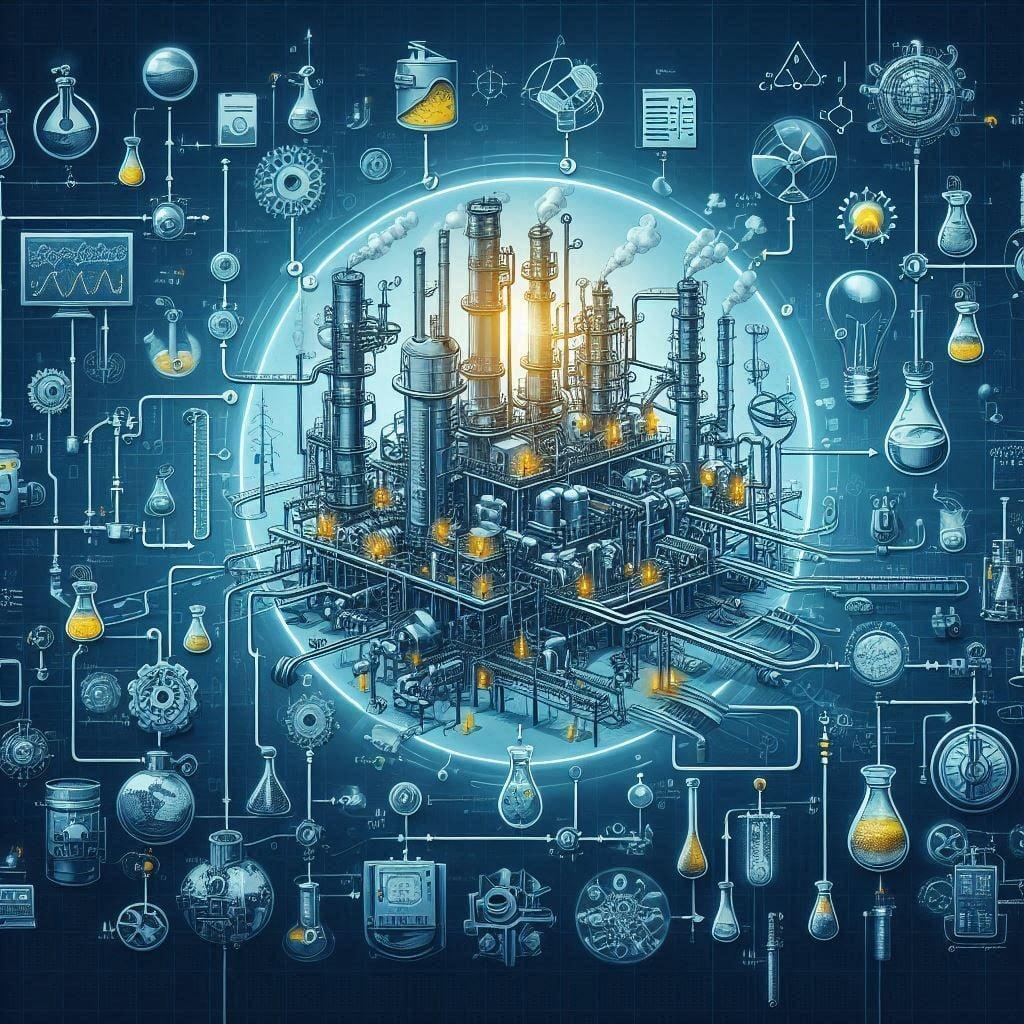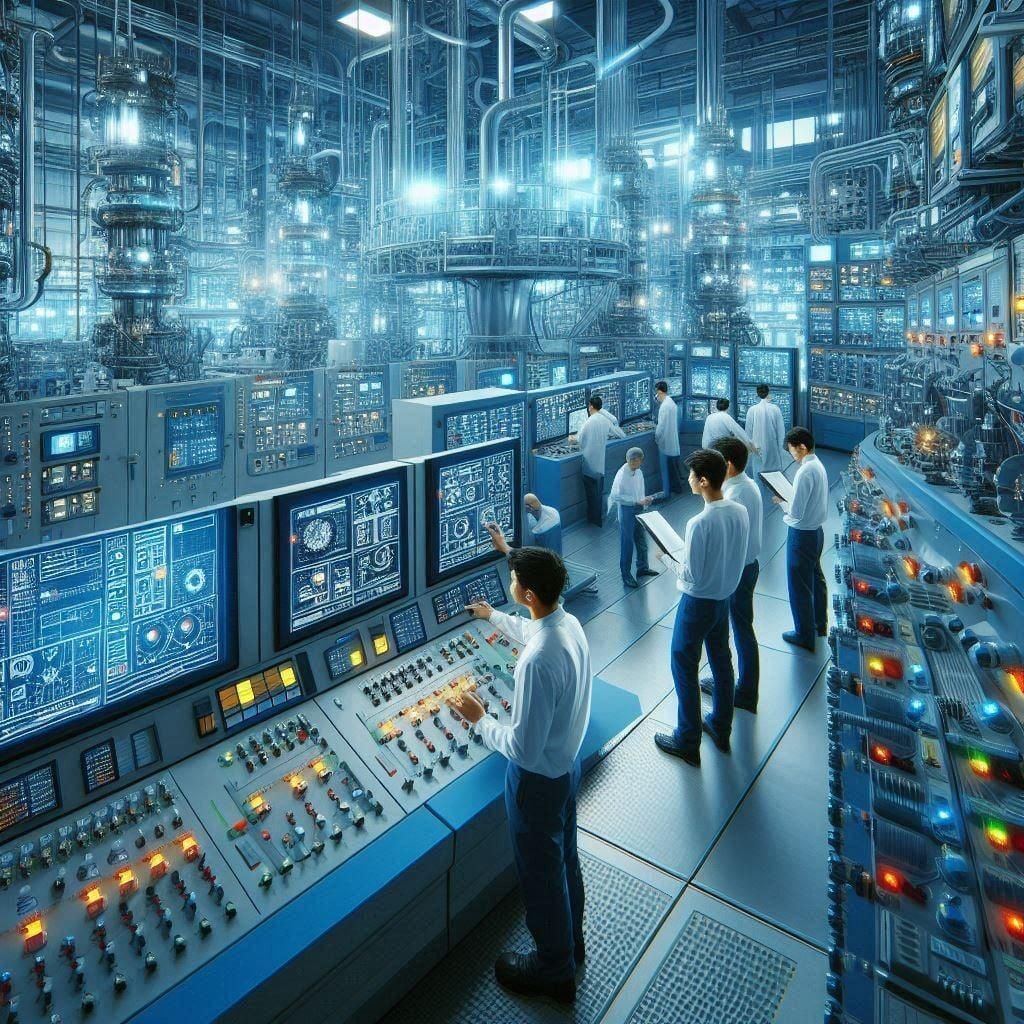
Forensic Engineering
The primary core function of Lokimox is forensic engineering, the foundation for our expert witness services. This includes all other engineering disciplines and subspecialties to determine why things went wrong resulting in failure or a catastrophic event. A forensic investigation begins with first understanding the situation and sequence of events, followed by detailed analysis of what went wrong and why. Our forensic practices use established methodologies including "six whats" to determine the subject of interest, "five whys" to identify root cause, and the "Rational Manager" governing processes to ensure consistency through situation analysis, decision analysis, problem analysis, and potential problem analysis. We go beyond investigating the causes(s) of an incident, but identifying solutions for a safe, efficient, and productive future.
Forensic Engineering and Expert Witness services provided by Lokimox engineers who are also members of the National Academy of Forensic Engineers (NAFE).

Metallurgical and Welding Engineering
A core expertise at Lokimox is metallurgical engineering. This covers all services relating to materials (metallic and nonmetallic), metallurgy, failure analysis, heat treatment, corrosion, and inspection. Welding is a subset of metallurgical engineering where we provide welding, brazing, and joining services relating to welding procedure specifications, qualifications, and inspection.
What does a metallurgical or welding engineer do? The most common applications are forensic engineering which includes detailed analysis of failures, the degradation of materials (including corrosion), joining of materials, and understanding the interaction of materials and their environment.

Mechanical Engineering
A secondary core for Lokimox is mechanical engineering where our team works with industry codes from ASME and API relating to asset integrity management, failure investigations, and forensic engineering. It is critical to understand the application and environment to ensure the correct interpretation of relevant codes and legislation. Our engineering and expert witness services focus heavily on oil & gas applications with specialization pipelines, natural gas distribution, storage, gas processing, and refining. Mechanical engineering addresses operations, maintenance, and integrity which are foundations for regulatory compliance and operational efficiency.
Lokimox also addresses quality assurance and asset management using established systems and process such as ISO 9000, ISO 55000, and EFQM; these all help ensure safe, reliable, and profitable operations for our clients.

Chemical and Process Engineering
Chemical Engineering focuses on how products are made through the combination of ingredients in an industrial process while Process Engineering is the management and control of how these combinations are managed. This integrates tightly with Metallurgical, Mechanical, and Electrical Engineering where all of these disciplines work together as a team to design, build, and maintain the industrial complex that underpins modern society.
Chemical Engineering is the application of science to the oil & gas industry that converts produced oil and gas to useful products ranging from fuels to hydrocarbon-based feedstock.

Electrical and Control Systems Engineering
A tertiary focus for our engineering team provides electrical engineering services in support of our other engineering specialties with a focus on control systems. While the disciplines cover a wide base of the energy industry, our scope is limited to oil & gas and manufacturing applications. This includes small devices, cathodic protection, and local electrical distribution. We generally outsource to partners who are true experts in this field to ensure our clients receive the best possible solutions.

Civil Engineering
A tertiary focus for our engineering team provides civil engineering services, mostly in support of our other engineering specialties with a focus on geotechnical and mapping (GIS). We rely on civil engineering primarily for geographic information systems (GIS) that manage data-rich maps containing extensive details relevant to oil & gas, particularly pipelines and natural gas distribution. We are experienced with ESRI ArcGIS and many models built upon this system including PODS. Our clients have benefited from our integration or analysis of LIDAR data, and the analysis of data relating to our expert witness services and forensic engineering.

